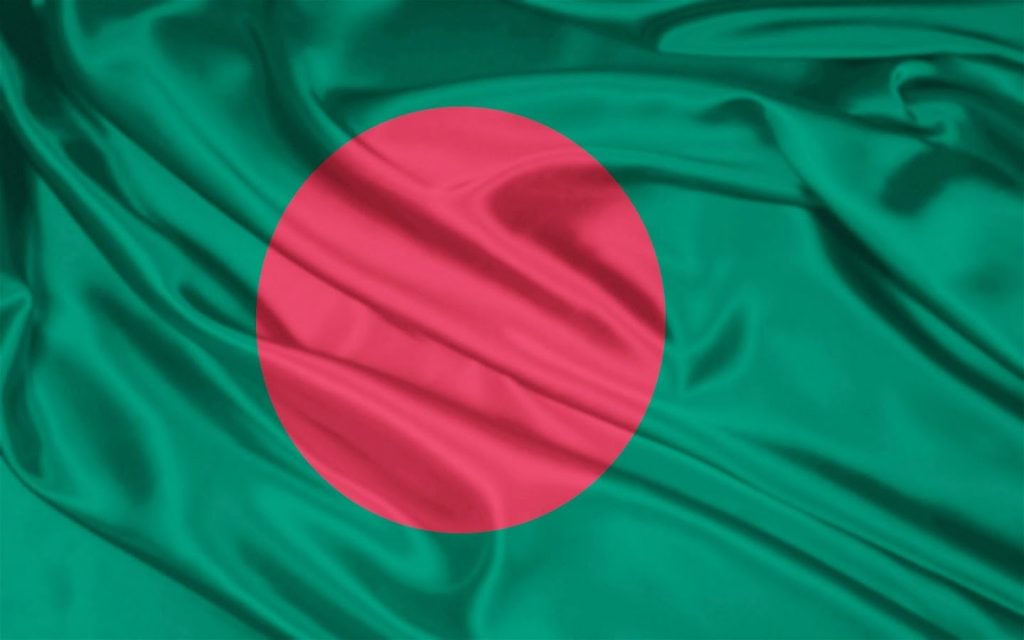Missing Bangladeshi journalist Shafiqul Islam Kajol arrested after being found near Indian border

Police in Jessore, Bangladesh, should immediately release journalist Shafiqul Islam Kajol from custody and drop all charges against him, the Committee to Protect Journalists said today.
Kajol, a photographer and editor of the biweekly Pakkhakalmagazine, had been missing since March 10, one day after a criminal defamation suit under the Digital Security Act was filed against him and 31 others, as CPJ reported at the time. Today, the Border Guard Bangladesh arrested Kajol at the Benapole Port Police Station on charges of trespassing, saying that he was caught illegally crossing the border from India, according to news reports. CPJ today could not determine the circumstances surrounding Kajol’s disappearance.
A court in Jessore, the headquarter city of the Jessore district, which encompasses Benapole, ordered that Kajol be given bail, but police rearrested Kajol under Section 54 of the Criminal Procedure Code, which allows police to hold Kajol without a warrant, according to the news reports and Kajol’s son, Monoron Polok, who communicated with CPJ through a messaging app. Polok said he did not know the reason for the rearrest. The Dhaka Tribune reported police mentioned the case against him under the Digital Security Act.
“Bangladesh police must immediately put an end to the long ordeal of journalist Shafiqul Islam Kajol, missing for 53 days, and release him from custody,” said Steven Butler, CPJ’s Asia program coordinator. “Kajol is a victim not a criminal. It’s an abuse of authority to subject Kajol to detention and interrogation.”
Polok was called to the Benapole border police station from his home in Dhaka early Sunday morning, and was later able to see and embrace his father at the Chief Judicial Magistrate Court in Jessore, he told CPJ. When asked about his father’s health, he responded: “He’s alive.”
A text message sent to the superintendent at the Jessore police station seeking comment was not immediately answered.
CPJ has previously reported on journalist disappearances in Bangladesh, and the atmosphere of fear those disappearances create for members of the press.
